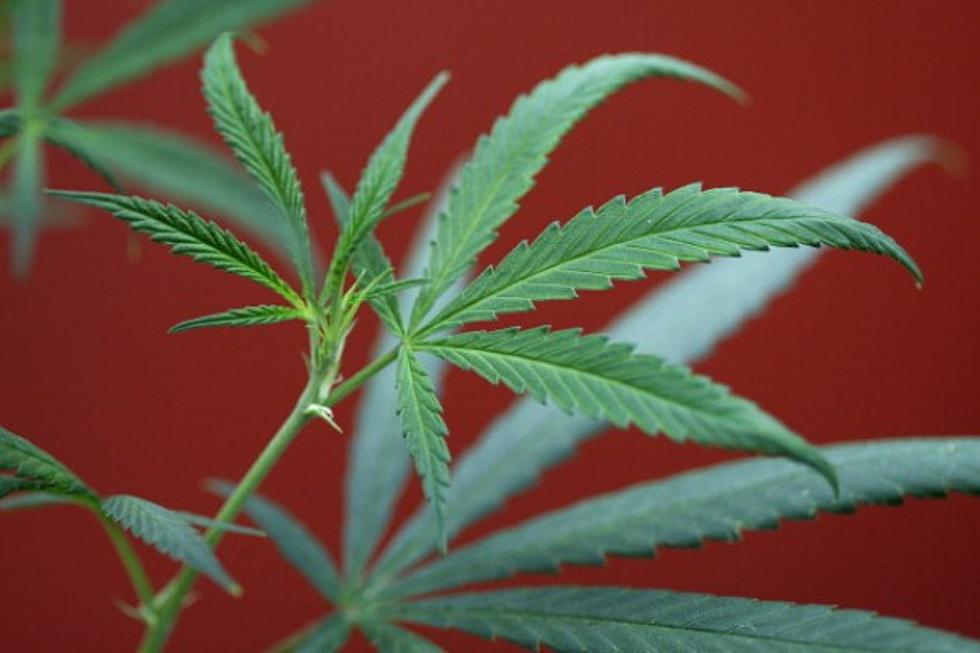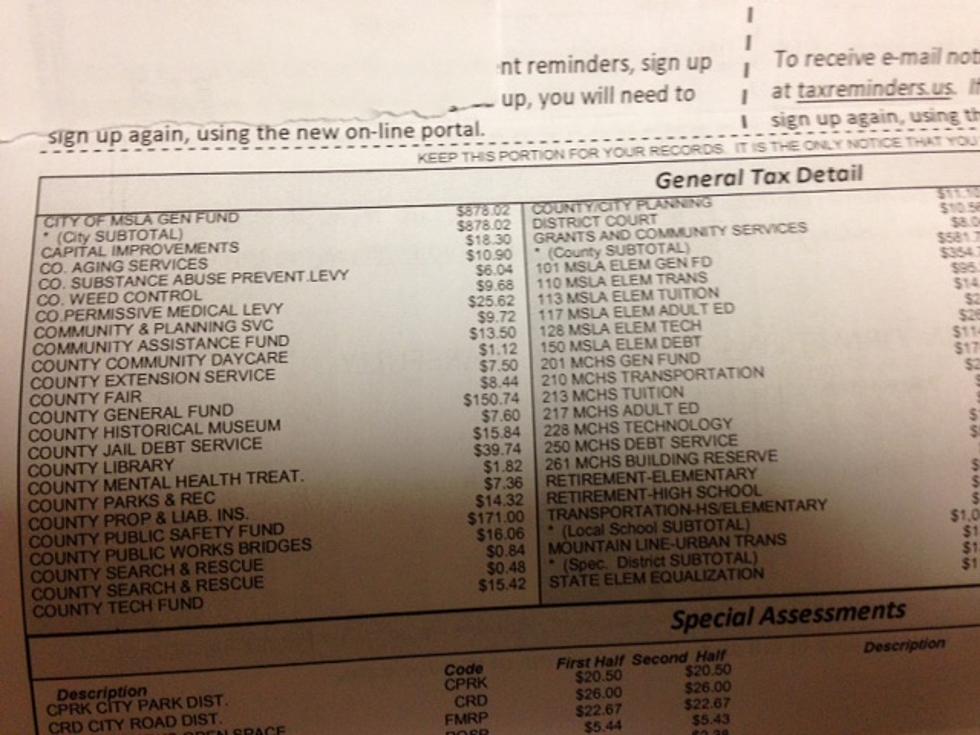
Forum on What Should be Done about Taxing Recreational Marijuana
(photo by Chris McNew/Getty Images)
Two of Missoula’s County Commissioners held a forum at Imagine Nation Brewing on Thursday evening to discuss and answer questions about taxing medical and recreational marijuana.
KGVO spoke to Commissioner Josh Slotnick about the forum and he explained the questions that will be on the November general election ballot.
“There are two questions that voters can vote on,” said Slotnick. “The first question is, should we tax medicinal marijuana at 3 percent? That 3 percent is set by the state so we don't get a choice in that. The second question was, should we, the county, tax recreational marijuana at 3%. And once again, that 3% is set by the state.”
Slotnick quoted a study done by the University Of Montana Bureau Of Business and Economic Research on the amount of tax income the city and county may realize from the sale of recreational marijuana.
“It was in the mid $700,000’s as to how much the tax would generate from recreational marijuana,” he said. And then the county wouldn't just get that $750,000 or so, because it gets split with the city. We get 50 percent, the city gets 45 percent and then the state gets 5 percent to manage the program.”
Slotnick said he, as a county official, is looking forward to having the extra tax revenue to help lower other tax expenses.
“The state will tax medicinal marijuana at 4 percent, and as of January 1, then they're going to tax recreational marijuana at 20 percent, so our 3 percent would be added on to those things. I personally really hope that it passes because we could use this money for important things like dealing with housing. In addition, and this is where everybody would be excited, we can take the edge off property taxes.”
Slotnick said because marijuana is still illegal under federal statutes, marijuana businesses will not have access to banks, and so will be cash-rich, which could attract more crime to Missoula.
“Since marijuana is illegal, money from marijuana stores and marijuana manufacturing is not typically accepted at (federally insured) banks,” he said. “So these are very cash oriented businesses. These are businesses that not only have a product that's of high value but often have a lot of greenbacks on hand, which adds to their security requirements. People who manage these facilities, do them really well. They are fortresses.”
Slotnick said Missoula can look at other states where recreational marijuana has been legalized, such as Colorado, for its effect on their economies.
The 100 Best Places to Live on the West Coast
More From Newstalk KGVO 1290 AM & 98.3 FM









